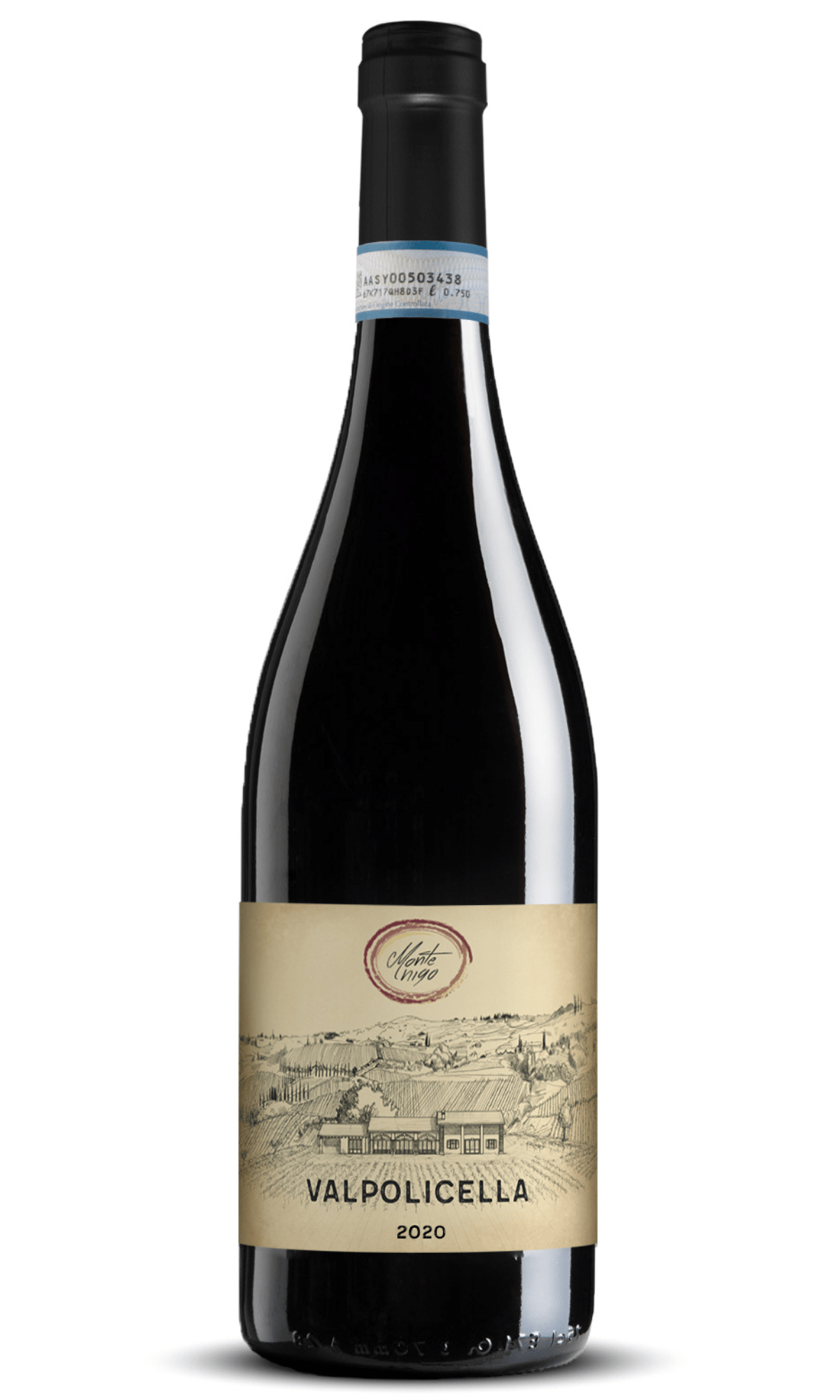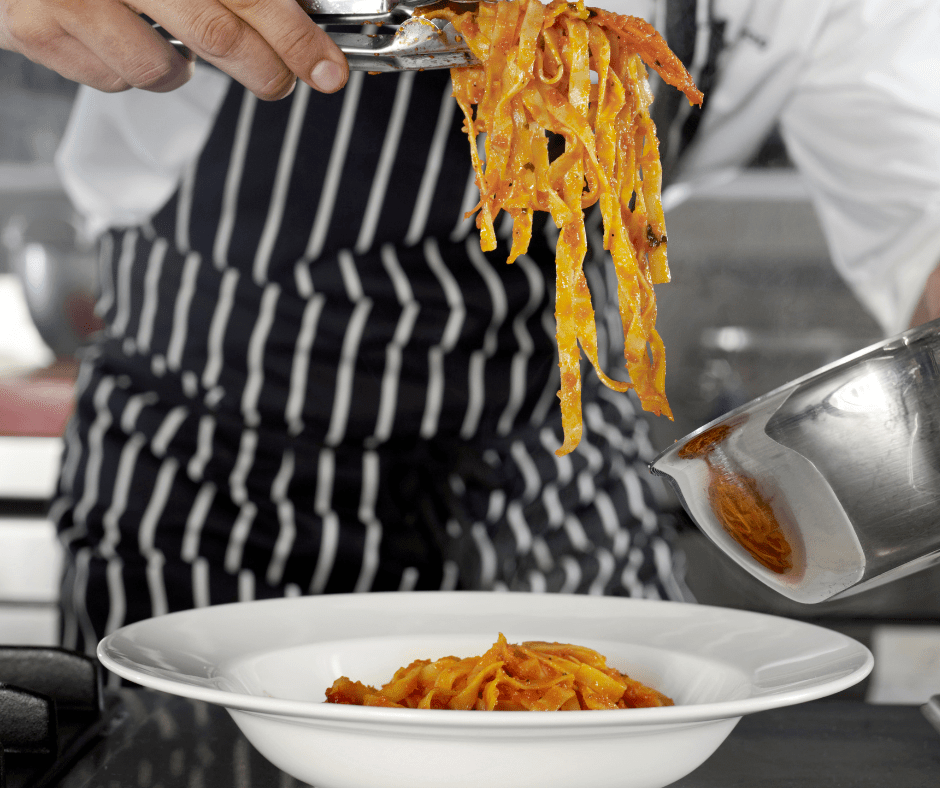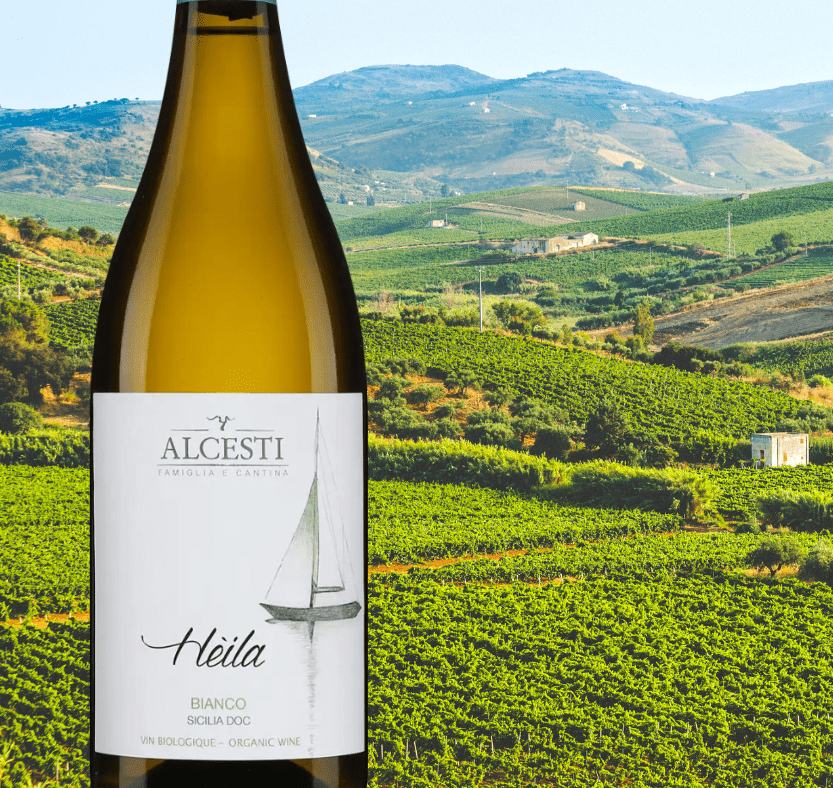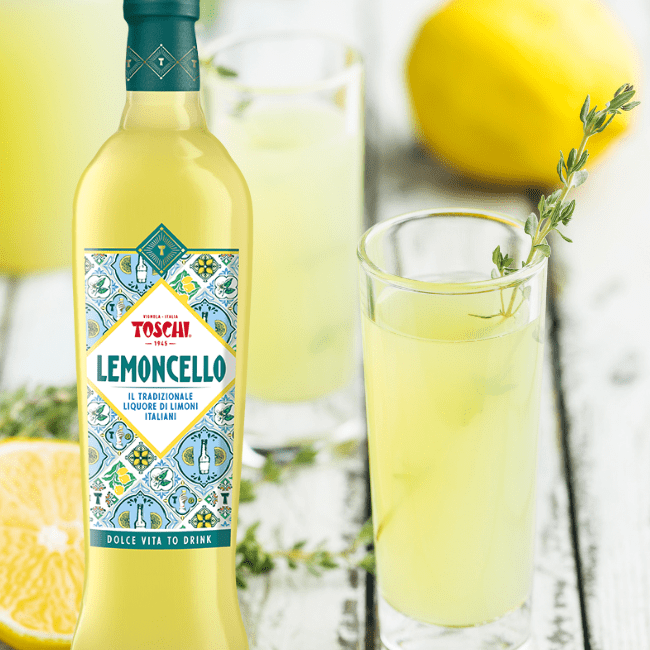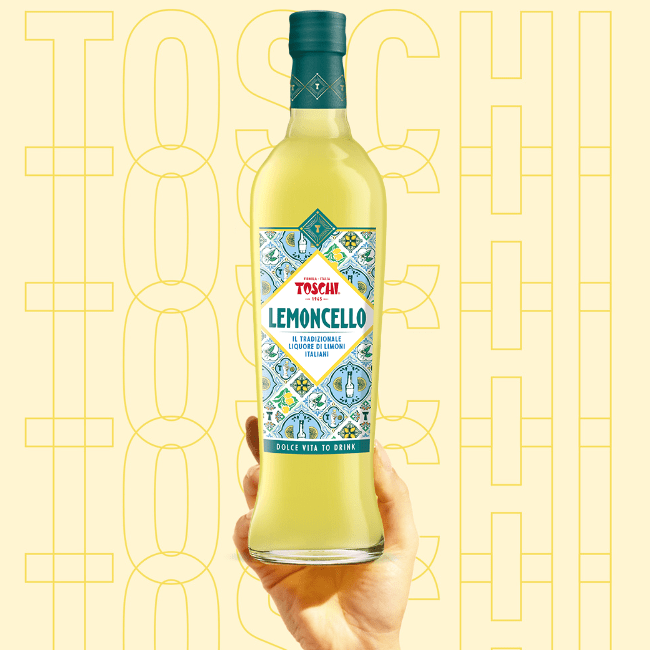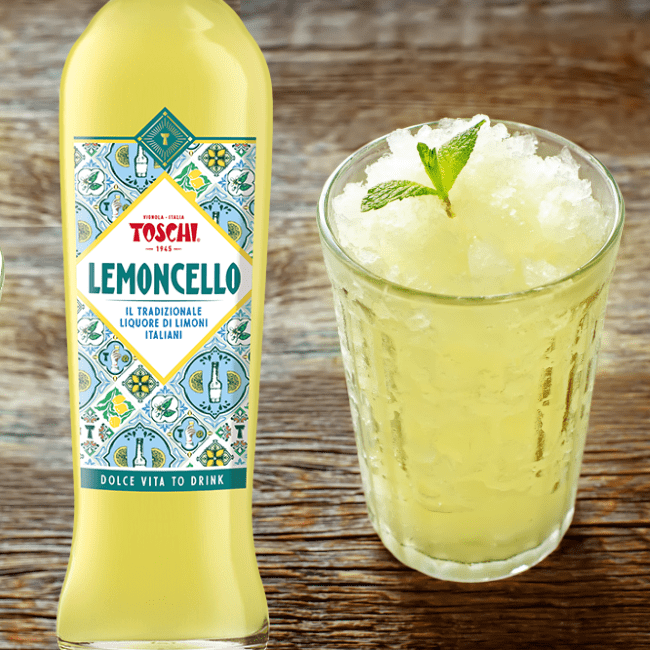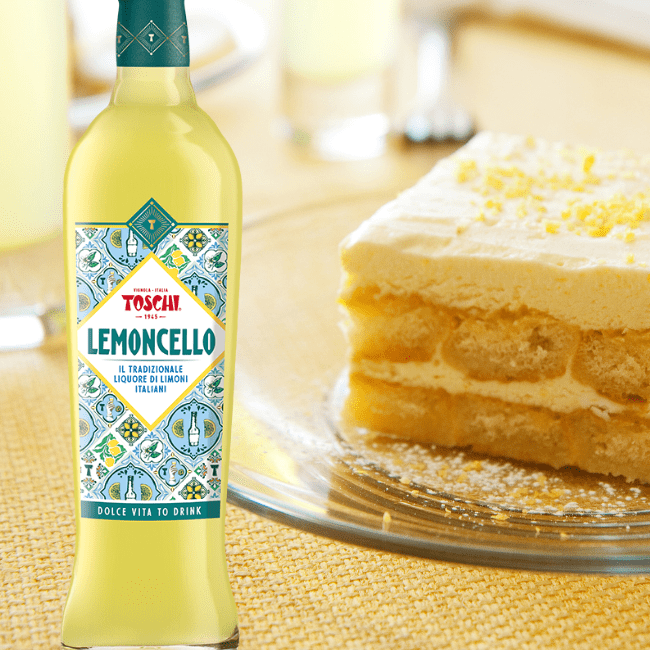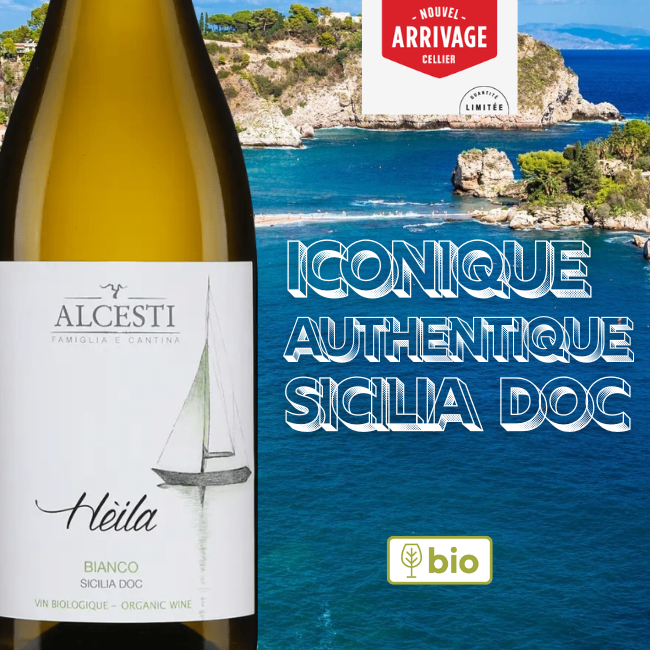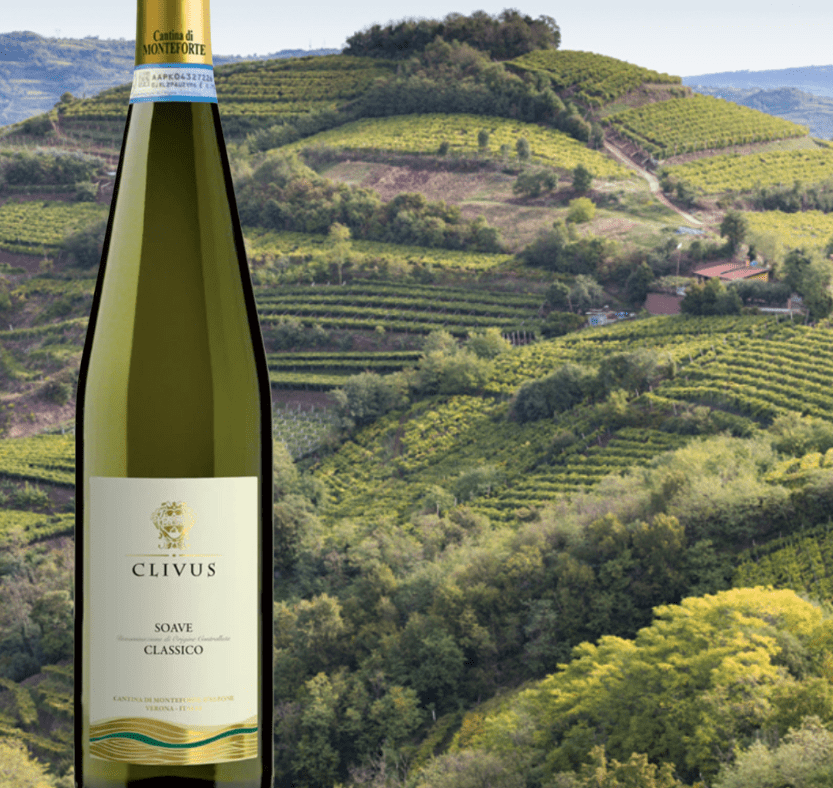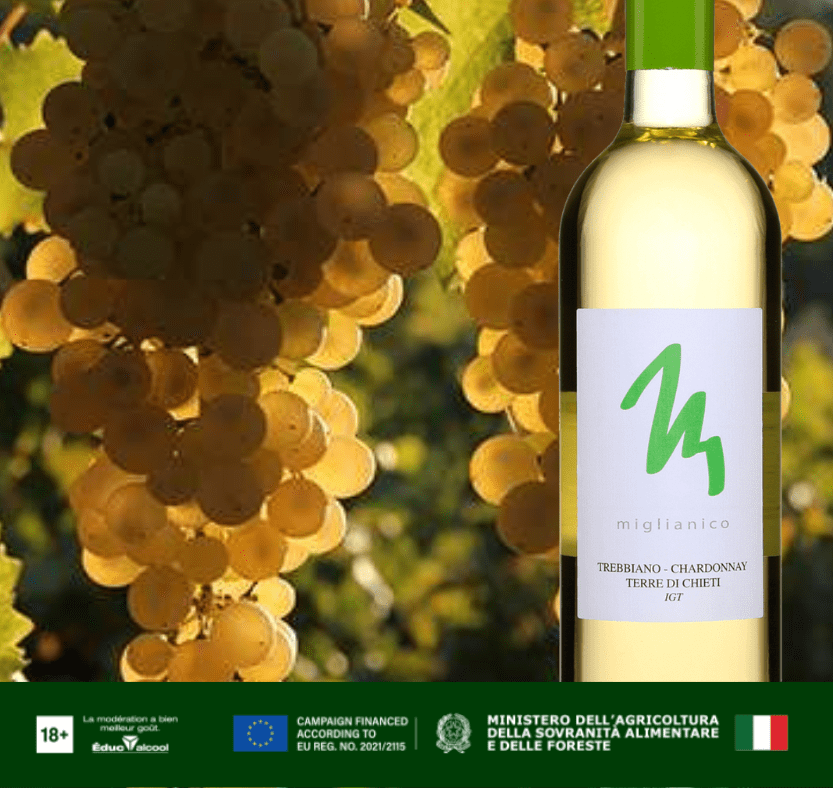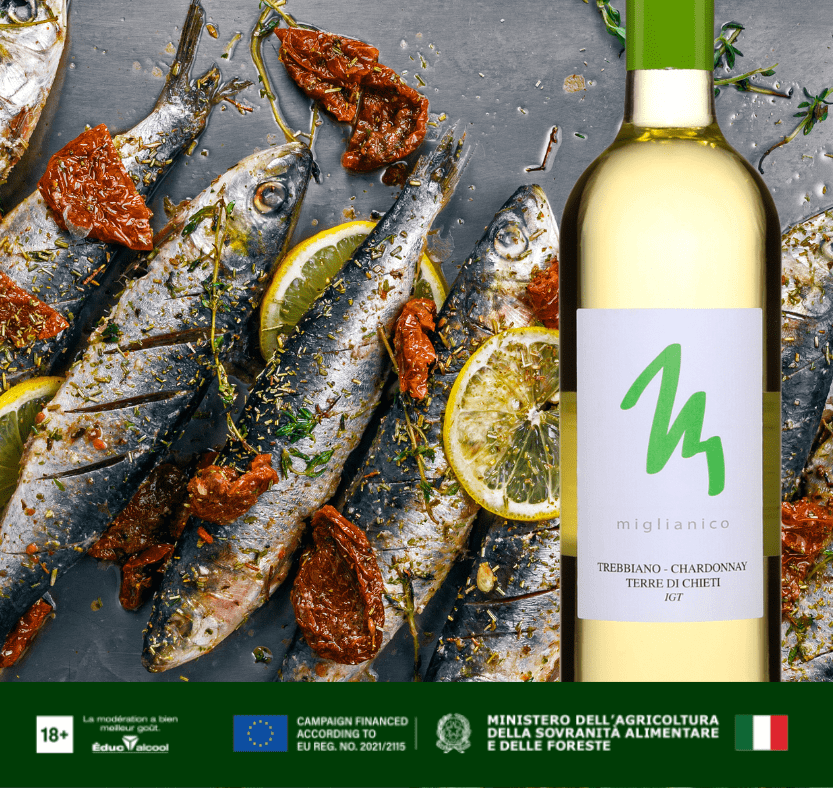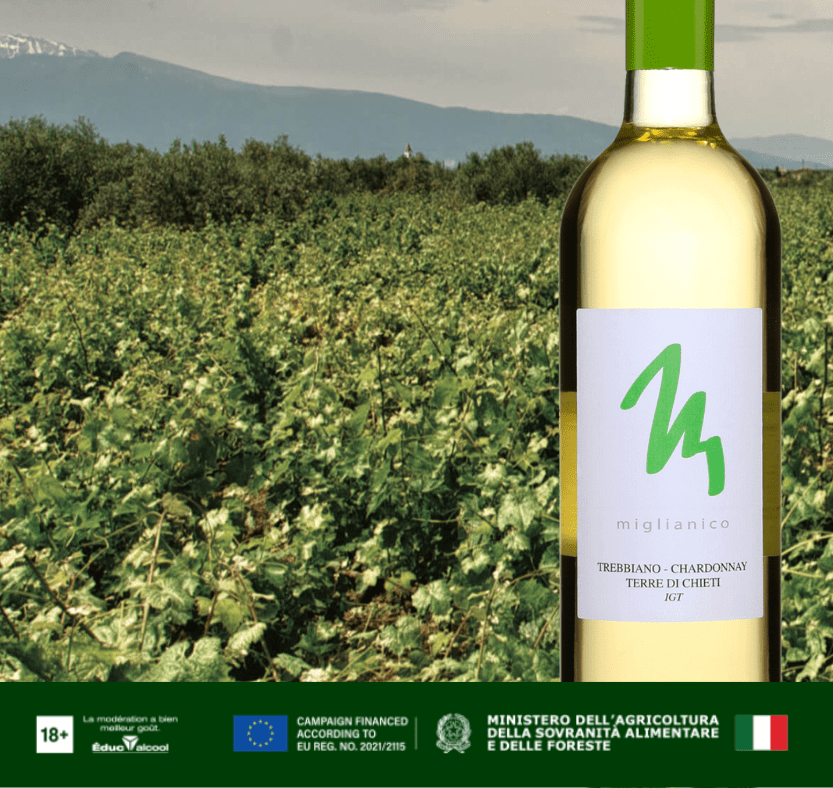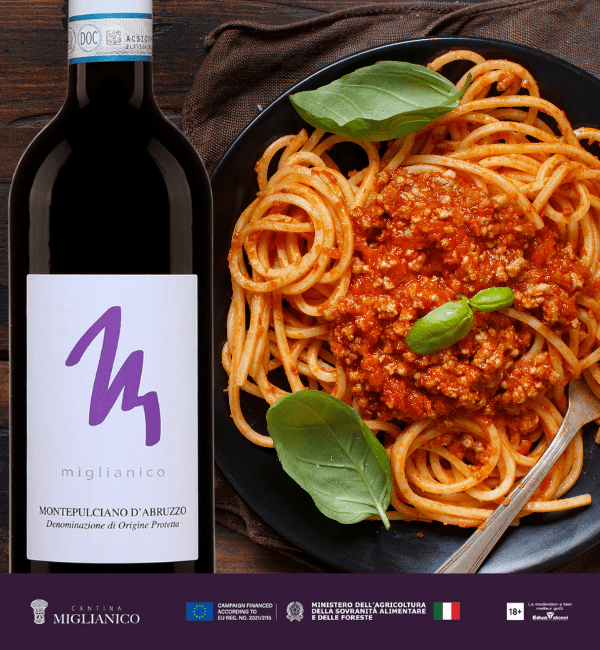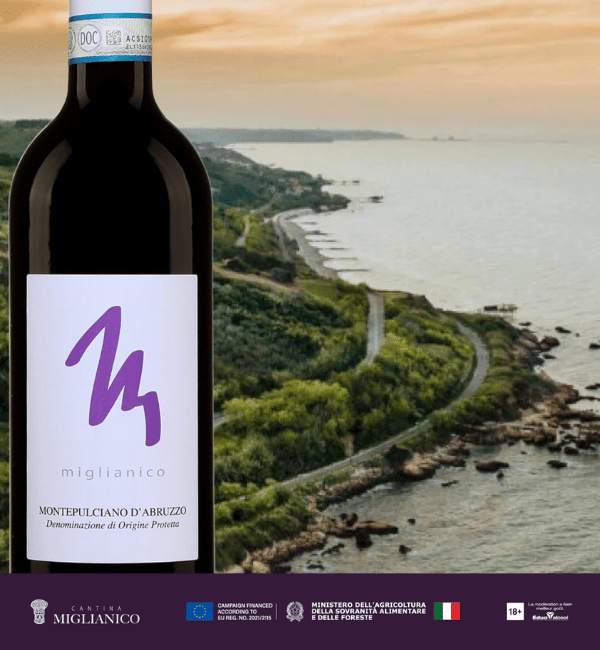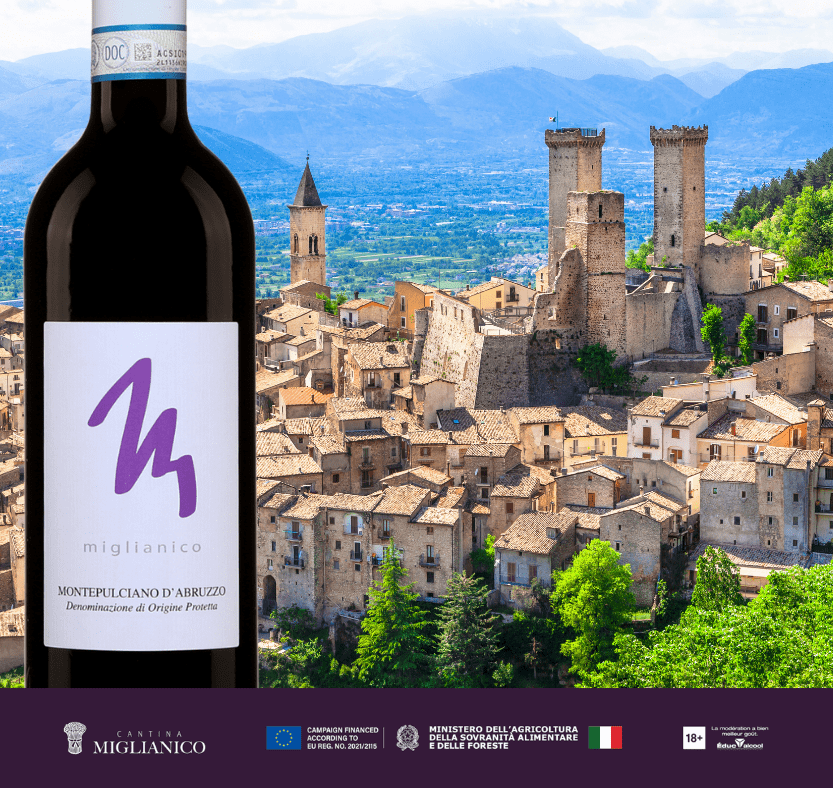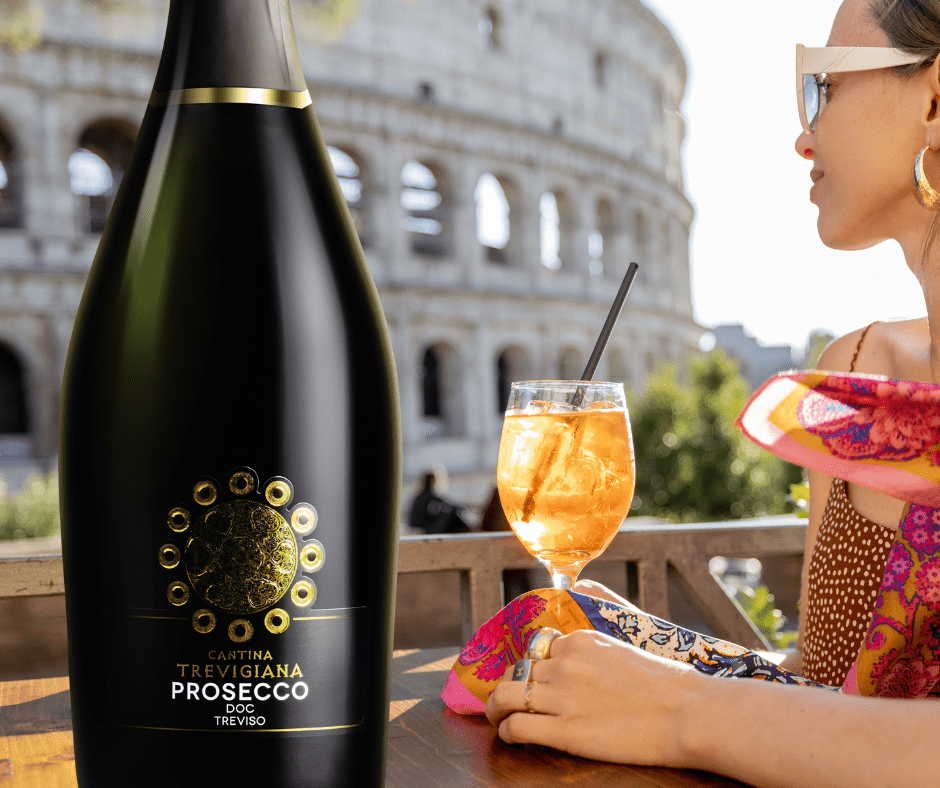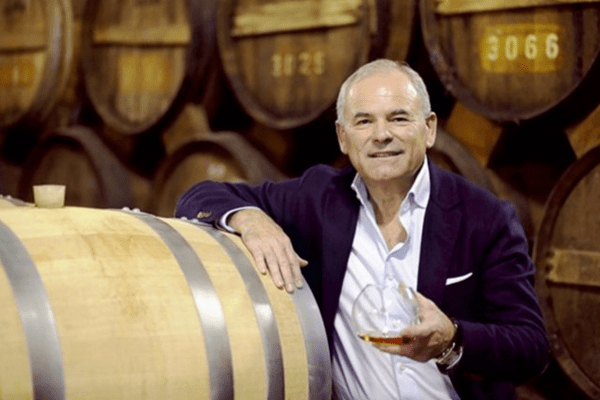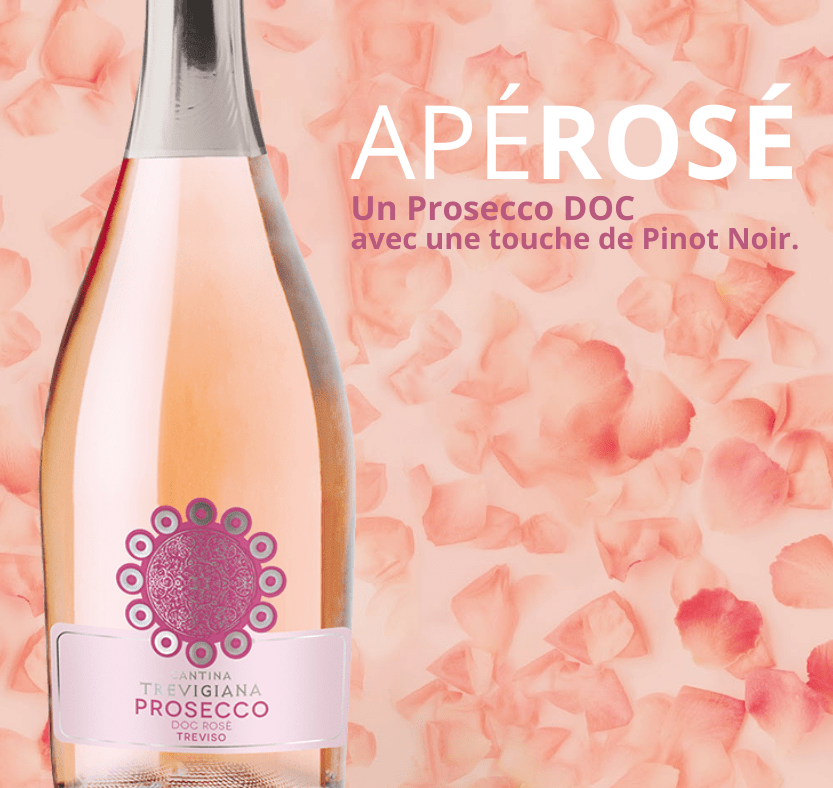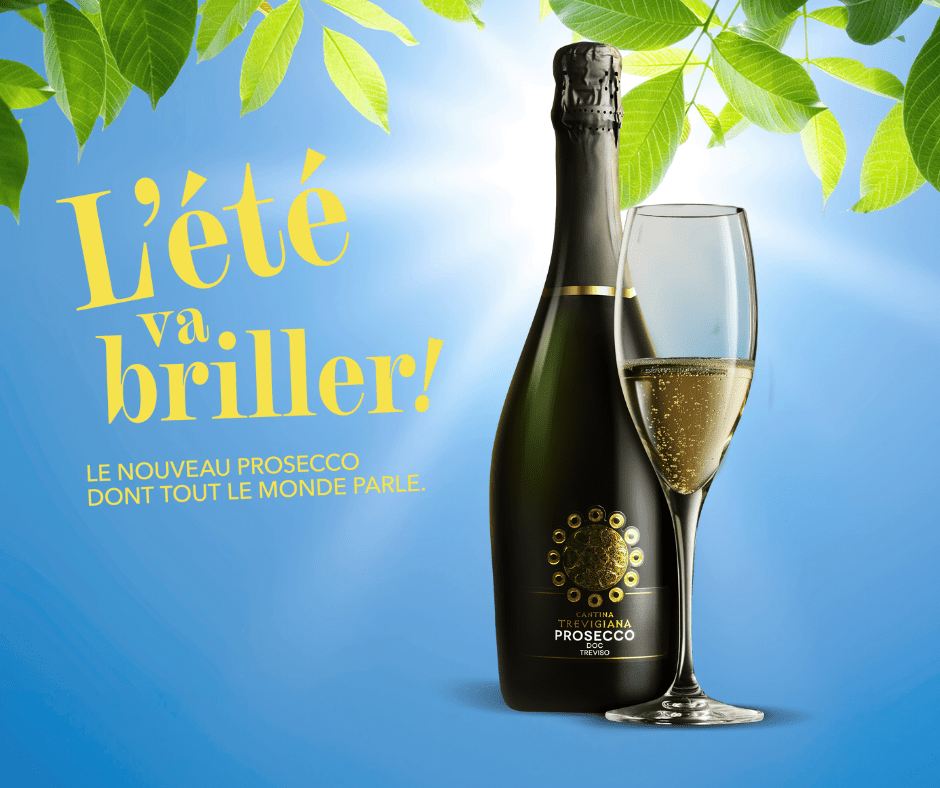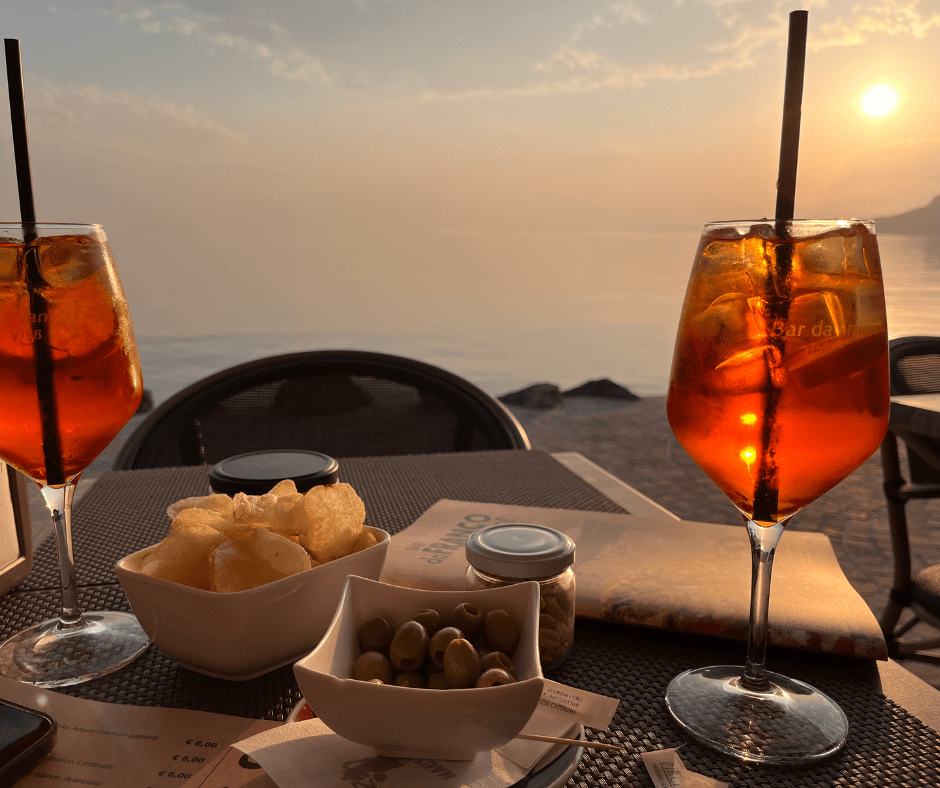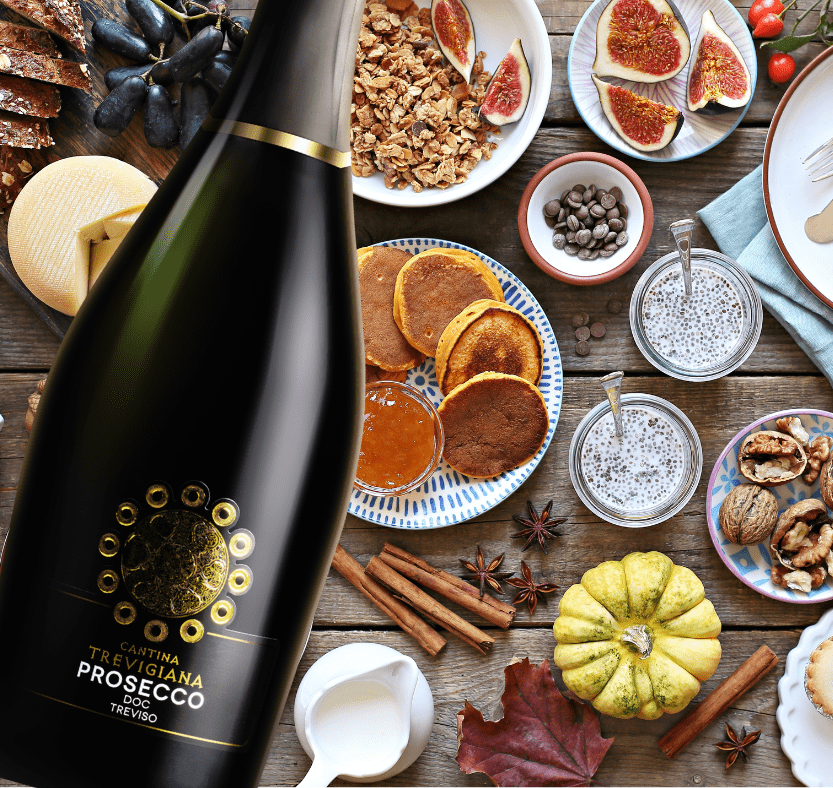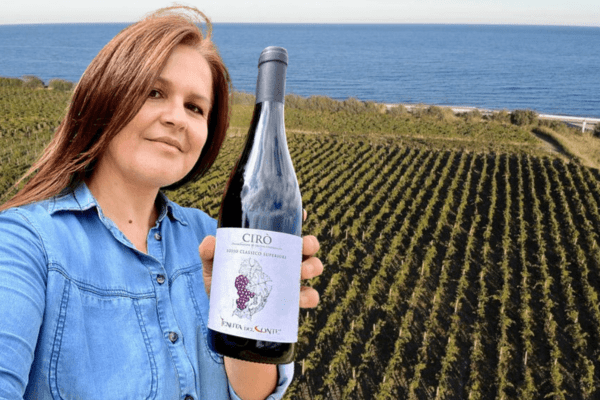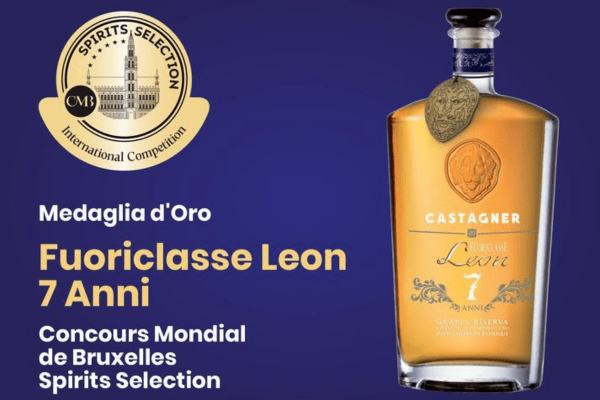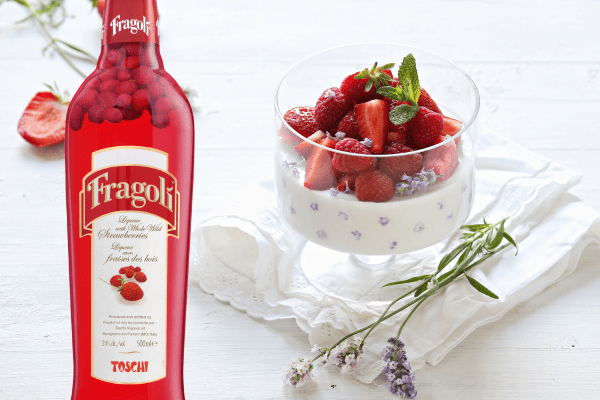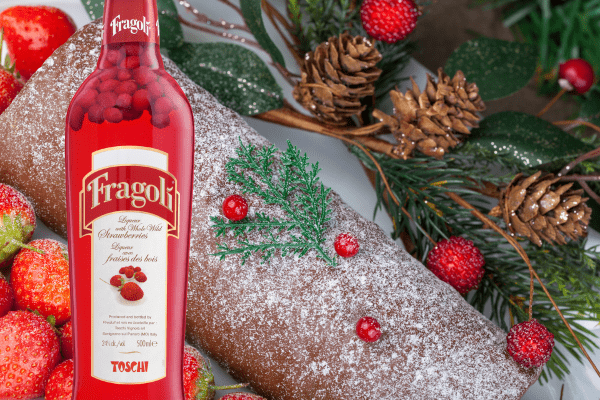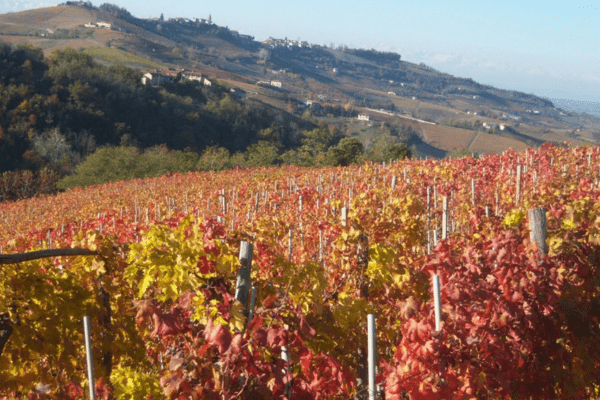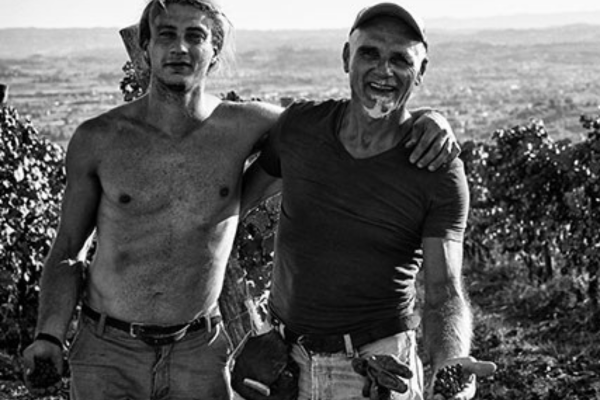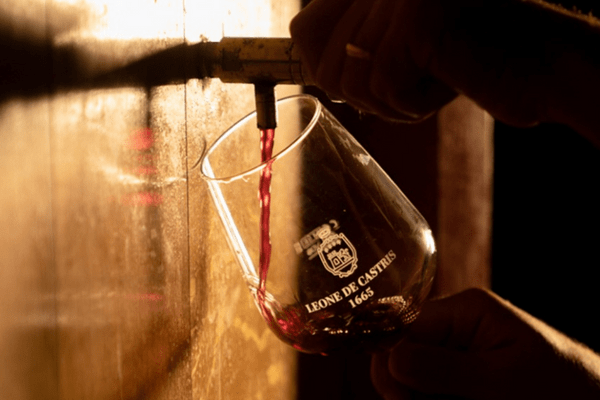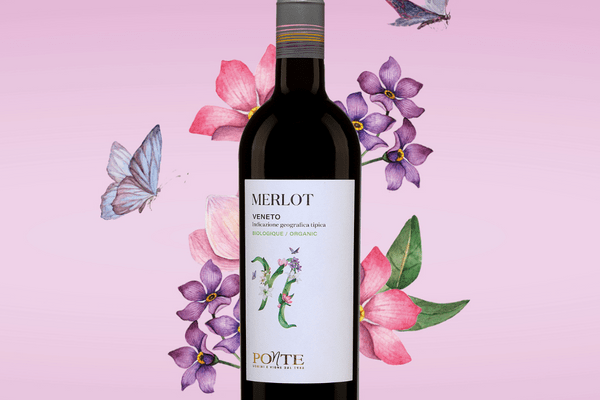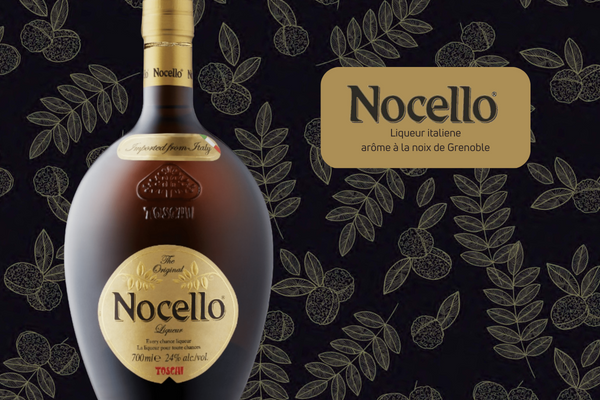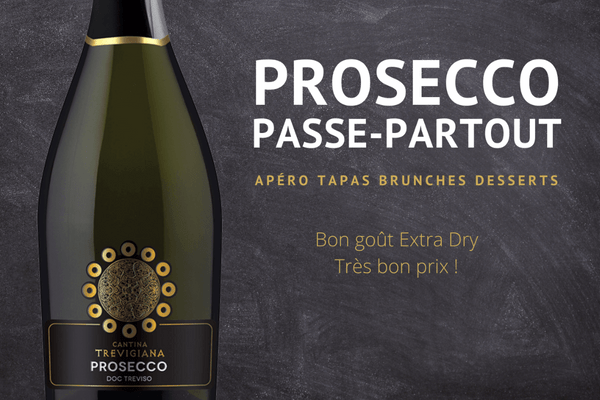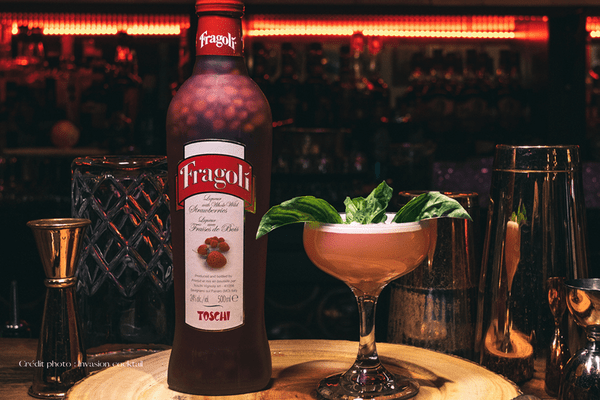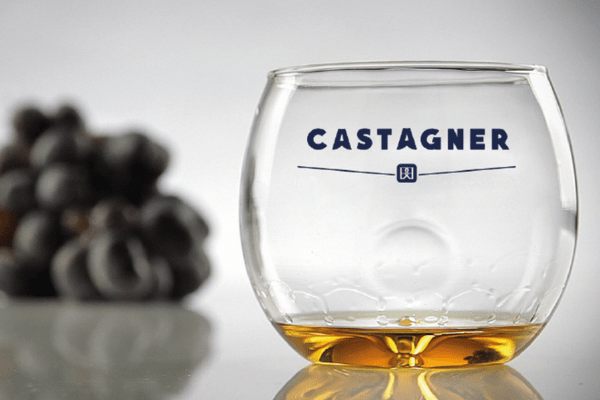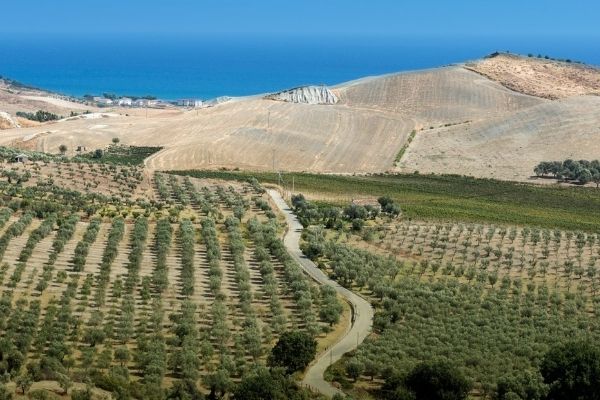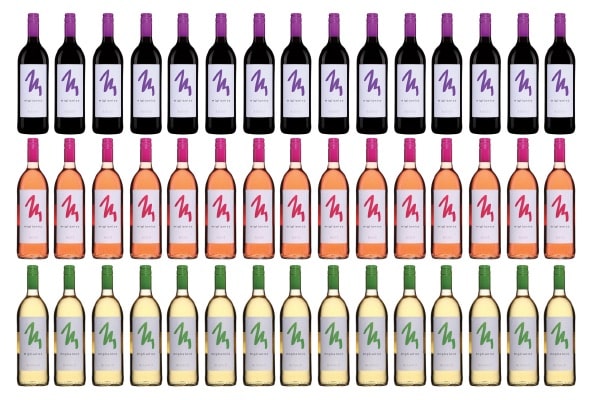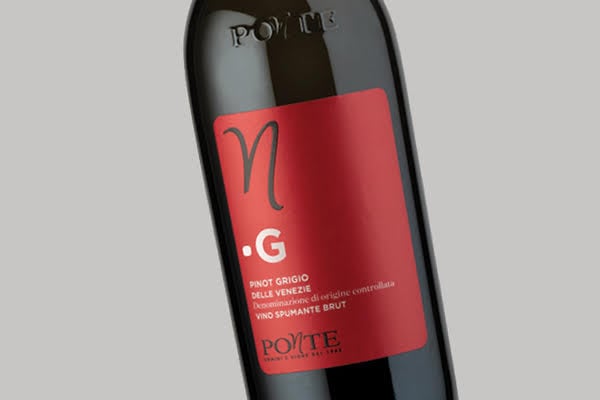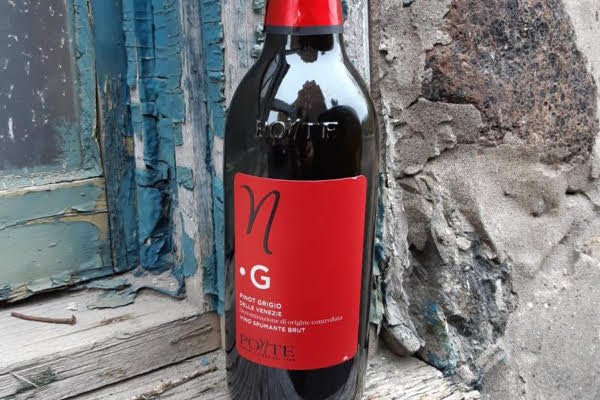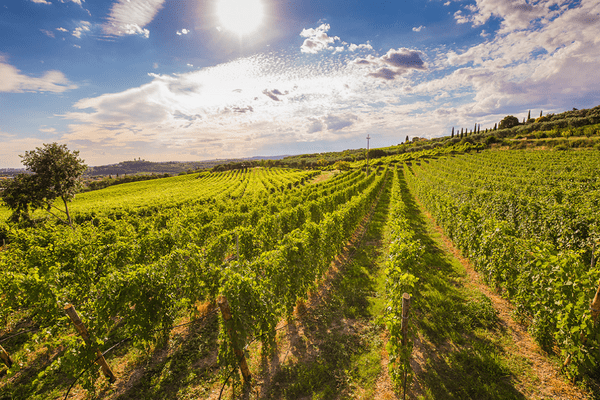
Montenigo, Valpolicella DOC, Organic and Natural wine
Montenigo
The Valpolicella DOC wine produced by the producer Società Agricola Montenigo in Veneto, near Verona in Italy, is from agro-organic cultivation, which means that the grapes are grown using environmentally friendly methods, without the use of products synthetic chemicals.
Montenigo Valpolicella DOC wine is a red wine from agrobiological and natural cultivation. The wine is made from two main grape varieties: 70% Corvina and 30% Rondinella, resulting in a light to medium bodied red wine with hints of cherries and red berries, and a slightly spicy finish. Fermentation is spontaneous and the wine is aged in oak barrels for ten months. It is described as having a light ruby red color, with aromas of white flowers and red berries, as well as hints of cherries and spice on the palate. This Valpolicella DOC is recommended with meat dishes, risottos, cold meats and medium aged cheeses. It has an alcohol content of 12% and a sugar level of 1 g/L.
In addition, this Valpolicella DOC is also a natural wine, which means that it is produced in an artisanal way, using traditional methods and without the use of chemicals or synthetic additives during winemaking.
The wine is made from two main grape varieties: 70% Corvina and 30% Rondinella, resulting in a light to medium bodied red wine with hints of cherries and red berries, and a slightly spicy finish.
Organic and biodynamic wines can also be natural wines, but not all organic or biodynamic wines are necessarily natural. The terms "organic" and "biodynamic" refer to the agricultural practices used to grow the grapes, while "natural" refers to the winemaking practices used in the winery. Organic wines are made from grapes grown without the use of pesticides, herbicides, or synthetic fertilizers, and biodynamic wines go beyond organic farming by incorporating spiritual and holistic practices into the process of vinification. However, these wines can still be made using conventional winemaking techniques and additives, which would not make them natural wines. Conversely, natural wines are made with minimal cellar intervention, but the grapes are not necessarily organic or biodynamic.
About VinNatur
VinNatur is a group of winemakers in Italy who have established their own set of rules and standards for what constitutes a "natural wine". The group includes over 170 members, all of whom produce wine using organic or biodynamic methods and follow strict guidelines in the cellar. VinNatur's definition of natural wine includes factors such as using only native yeasts for fermentation, no additives or interventions in the cellar, and minimal use of sulfites.
By establishing these standards, VinNatur is helping to give more clarity to what can be a confusing and sometimes misleading term. Consumers who are interested in natural wine can look for wines that are produced by VinNatur members, knowing that they are adhering to a set of guidelines that prioritize the health of the vineyard, the quality of the fruit, and the purity of the wine.
Ultimately, the term "natural wine" may always be somewhat ambiguous, as there is no one-size-fits-all approach to winemaking. But groups like VinNatur are helping to create a framework for what the term can mean, and providing a way for consumers to navigate the often overwhelming world of wine with more confidence and clarity.
Montenigo is a producer that employ techniques that prioritize the health of the soil and the vine, aiming to cultivate grapes and make wine with minimal intervention. They avoid the use of synthetic chemicals, limit or eliminate additives such as sulfur dioxide, and use traditional winemaking techniques such as wild yeast fermentation, low or no filtration, and extended maceration. These methods are intended to allow the wine to express the unique characteristics of the vineyard and the grape varieties, resulting in wines that are often described as having a sense of place or terroir.
These techniques are often associated with natural and biodynamic winemaking practices, which prioritize sustainability, biodiversity, and a holistic approach to vineyard management. By working with the natural environment and allowing the grapes to develop according to their own rhythms, Montenigo aim to create wines that reflect the unique characteristics of the terroir and express a true sense of place. This approach can result in wines that are complex, nuanced, and reflective of the particular vineyard site and the vintage conditions.


